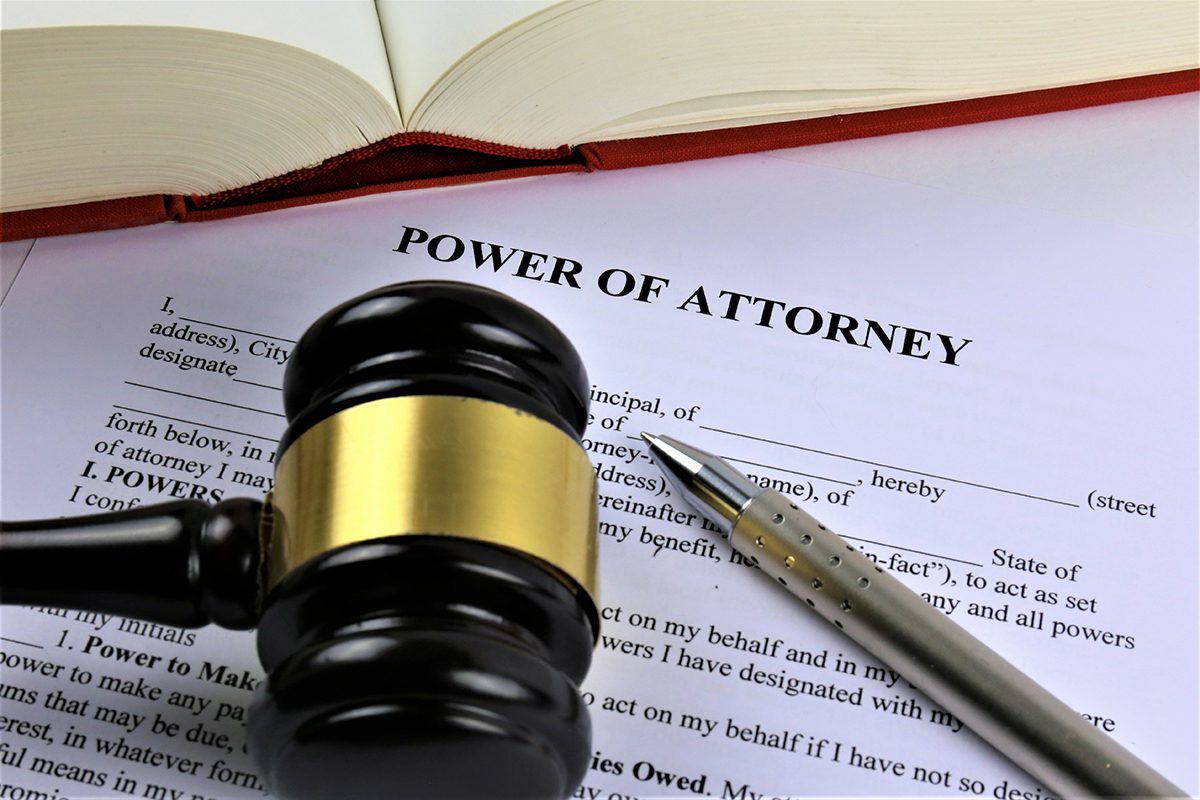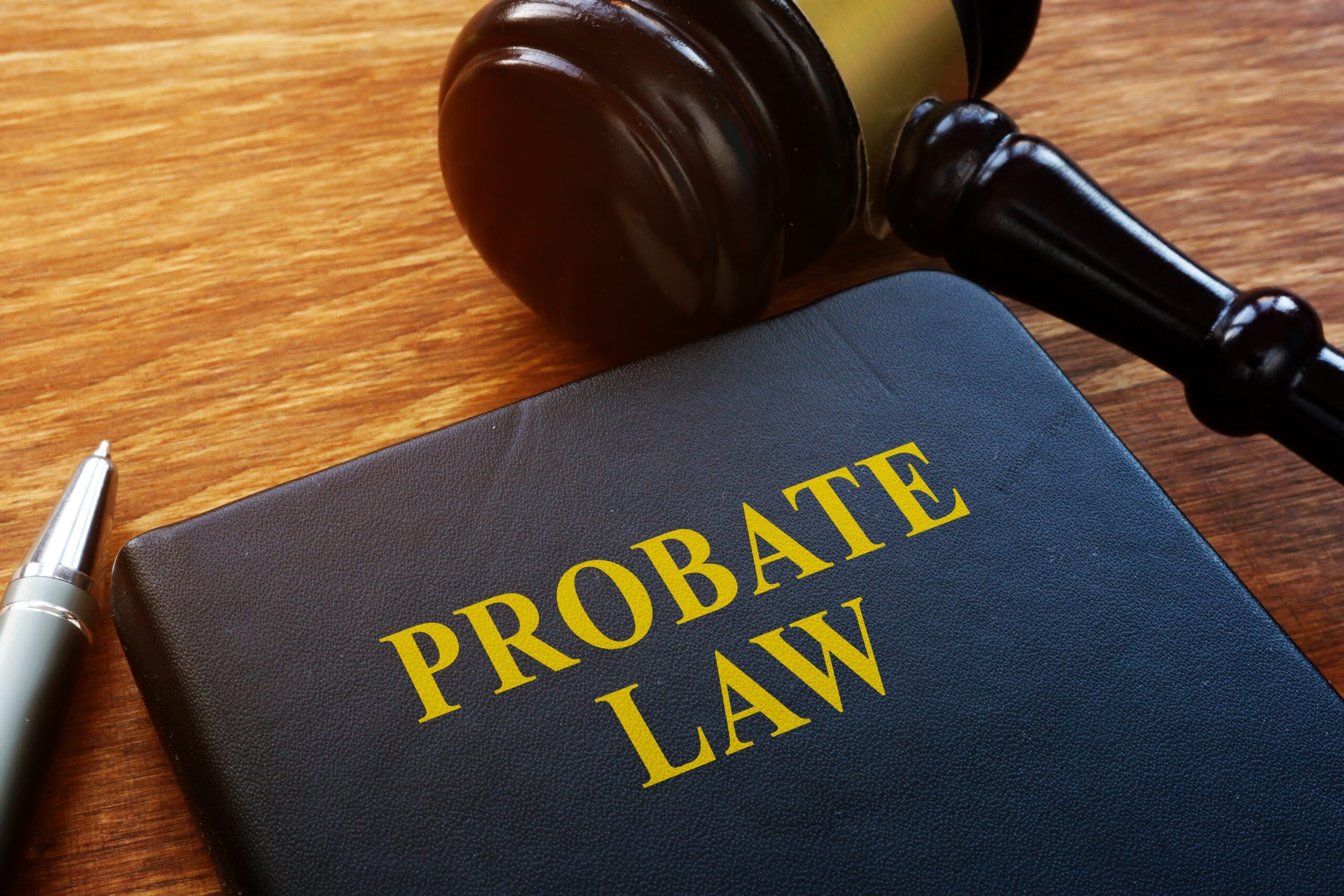It’s hard to believe that tax time is upon us once again. Just like the blooming daffodils and our Lancaster Country farmers preparing their fields for planting, tax time is a springtime ritual—even if no one celebrates it!
With that in mind, you probably landed on this article because you have nagging questions about working through various types of estate-related taxes. You’ve come to the right place, as we often cover taxing matters related to estate administration here on the blog.












